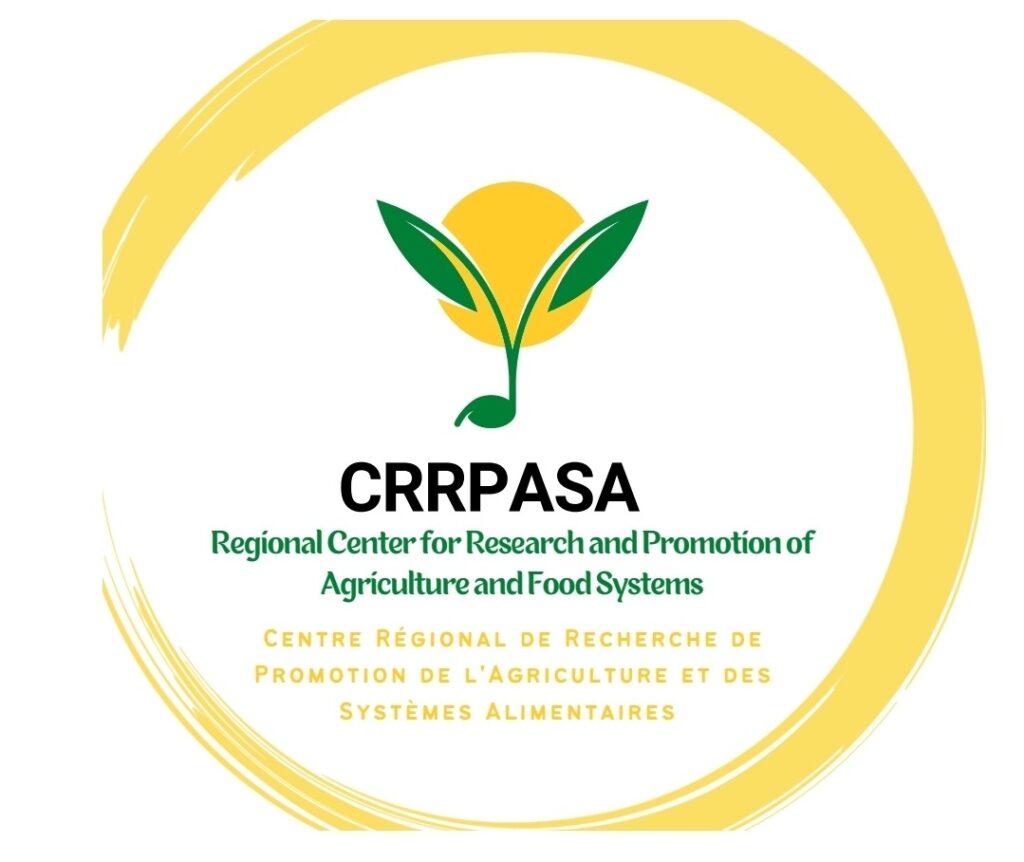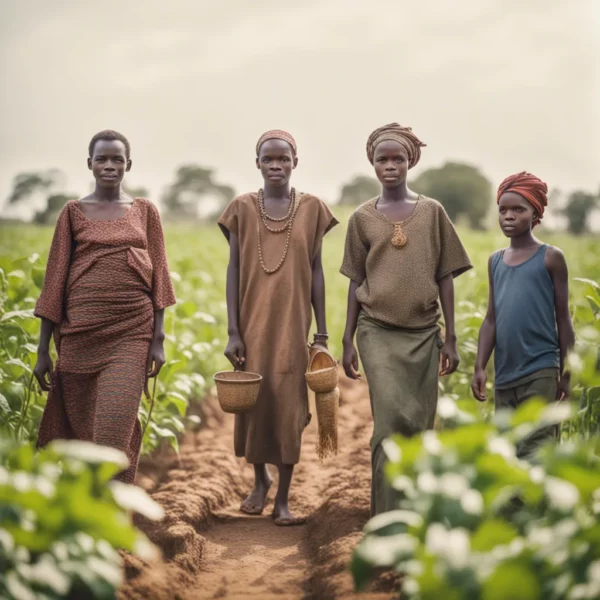Introduction
Southern Nigeria, characterized by diverse agro-ecological zones, fertile soil, and a predominantly agrarian population, presents a unique environment for family farming. Despite this, the region faces significant food security challenges due to population growth, climate change, and economic instability. Family farming, with its localized, sustainable practices, offers a viable pathway to address these challenges. It involves agricultural practices by families using primarily their labor and is a crucial component of food production worldwide.
In Southern Nigeria, family farming holds significant potential to transform food systems, enhancing food security, sustainability, and economic stability. The following development explores the multifaceted contributions of family farming to food systems transformation in Southern Nigeria, examining its current status, challenges, and potential strategies for optimization.
I. CURRENT STATE OF FAMILY FARMING IN SOUTHERN NIGERIA
Demographics and practices.
Family farms in Southern Nigeria are typically small-scale, averaging less than two hectares. These farms are diversified, growing a mix of crops such as cassava, yams, maize, and vegetables, and often integrating livestock. Family labor, traditional farming knowledge, and low external input characterize these farms, making them resilient yet vulnerable to external shocks.
Socio-economic importance.
Family farming is a significant source of livelihood for the rural population in Southern Nigeria. It contributes to local economies, supports community stability, and maintains cultural heritage. However, despite its importance, family farmers often face challenges such as limited access to markets, credit, modern technology, and extension services.
II. CHALLENGES FACING FAMILY FARMING
Access to resources
One of the primary challenges for family farmers is limited access to essential resources, including quality seeds, fertilizers, and irrigation. This constraint hampers productivity and resilience against climate variability.
Market access and infrastructure
Poor rural infrastructure and market access hinder the ability of family farmers to sell their produce at fair prices. Inadequate transportation, storage facilities, and market information exacerbate post-harvest losses and reduce profitability.
Climate change
Southern Nigeria is increasingly affected by climate change, which brings unpredictable weather patterns, droughts, and floods. Family farmers, who rely heavily on rain-fed agriculture, are particularly vulnerable to these changes, affecting crop yields and food security.
Policy and institutional support
There is often a disconnect between family farmers and government policies. Insufficient institutional support and poorly implemented agricultural policies limit the potential for family farming to thrive. Policies often favor large-scale commercial farming over smallholders.
III. POTENTIAL CONTRIBUTIONS OF FAMILY FARMING TO FOOD SYSTEMS TRANSFORMATION
Enhancing food security
Family farms play a crucial role in enhancing food security through the production of diverse and nutritious foods. By adopting improved farming techniques and diversifying crops, family farmers can increase productivity and resilience, ensuring a stable food supply.
Promoting sustainable agriculture
Family farming inherently promotes sustainable agricultural practices such as crop rotation, organic farming, and agroforestry. These practices enhance soil fertility, reduce dependency on chemical inputs, and contribute to biodiversity conservation.
Economic empowerment
Empowering family farmers through access to finance, training, and markets can significantly boost their income and improve livelihoods. This economic empowerment can lead to broader community development and poverty reduction.
Social and cultural benefits
Family farming supports social cohesion and cultural preservation. Traditional farming knowledge and practices are passed down through generations, maintaining cultural identity and community resilience[1].
IV. STRATEGIES FOR ENHANCING THE ROLE OF FAMILY FARMING
Improving access to resources
Programs aimed at providing family farmers with access to high-quality seeds, fertilizers, and irrigation systems are crucial. Government and non-governmental organizations can collaborate to establish input supply chains and credit facilities tailored to smallholders.
Strengthening market linkages
Developing rural infrastructure, such as roads and storage facilities, and providing market information can help family farmers access markets more efficiently. Establishing cooperatives and farmers’ associations can enhance bargaining power and market access.
Promoting climate-smart agriculture
Promoting climate-smart agricultural practices, including drought-resistant crops, efficient water management, and integrated pest management, can help family farmers adapt to climate change. Extension services should focus on training farmers in these techniques.
Enhancing policy and institutional support
Governments need to design and implement policies that support family farming. This includes providing subsidies, creating favorable land tenure systems, and investing in agricultural research and extension services focused on smallholder needs.
Case studies and success stories
Several successful initiatives highlight the potential of family farming in Southern Nigeria[2]. For instance, the introduction of improved cassava varieties and better farming techniques in some communities has led to significant yield increases and improved food security.
Lessons Learned
Analyzing these case studies provides valuable insights into the factors contributing to success, such as community involvement, effective extension services, and strong market linkages. These lessons can inform future strategies for scaling up successful models.
Conclusion
Family farming holds immense potential to transform food systems in Southern Nigeria. By addressing the challenges faced by family farmers and implementing targeted strategies, it is possible to enhance food security, promote sustainable agriculture, and drive economic and social development. Policymakers, development organizations, and the farming communities themselves must collaborate to unlock the full potential of family farming, ensuring a resilient and sustainable food system for Southern Nigeria.
References:
- International Fund for Agricultural Development (IFAD). (2020). Transforming Rural Economies and Food Systems. Retrieved from IFAD website
- Nigerian National Bureau of Statistics. (2022). Agricultural Sector Performance Report. Retrieved from NBS website
- World Bank. (2021). Climate Change and Agriculture in Nigeria. Retrieved from World Bank website

